A food challenge in the winter?On January 1, 2020 our 100-day challenge began! Here are the rules. We will spend no more than $1 a day per person on consumables like food and toiletries. We also get $1 a day per person for non-consumable things like clothes, entertainment, and home/auto maintenance. Fixed expenses like mortgage, insurance, utilities, and gas are excluded. We get 3 exception items if something critical comes up, but we are limiting our shopping to just once a week. We have a family of 8 so that means Steven and I each get $56 a week to spend. Nothing is growing right now so why don't we wait to do this challenge in the summer when we have lots of fresh garden produce? You may be thinking we will be hungry or the food will be really boring. Hardly. We grow a huge garden and all summer long we packed the storage room and freezers with delicious produce from the garden. Most of this challenge is about getting us to use it! The garden produces more than we can eat in the summer so we preserve all we can and give the rest away. Here is a slideshow sample of some of the yummy things we tucked away when the weather was warm and winter seemed far far away. Why keep such a big food storage?My mom laughed when I called this a challenge, after all, she has been doing this for years, and she was here this fall and knows exactly how much food I have in storage. She helped me organize the freezers below when she was here last. As long as I can remember my family has worked on having a food storage and garden. Our church has counseled for decades to "prepare for adversity in life by having a basic supply of food and water and some money in savings. We ask that you be wise… [and] do not go to extremes... With careful planning, you can, over time, establish a home storage supply and a financial reserve.” (See All Is Safely Gathered In: Family Home Storage). Planning for adversity covers a lot of ground. The most common adversity I have seen in my life is unemployment or a setback in your health. When I was younger, unemployment happened in my family. I'm sure my parents worried, but I never did, in fact it would be difficult for me to tell you exactly which years were the good years and which years were the lean years, because we always had plenty of good food in the storage room. In the summer we worked on canning. I remember sitting and pitting pie cherries, peeling apples, and wiping the rims of the dozens of jars of golden peaches. We put honey in jars one year. I remember because at 9 years old I was allowed to write the labels on the jars. Steven has great memories of his own growing up on a farm in Washington state. He grandparents lived half a mile away and had fruit trees and a huge raspberry patch. He used to pick boxes of cherries and full flats of raspberries. When he was 12, an uncle gave Steven a dozen blackberry plants and told him to sell the fruit to save money for college. He never actually sold any, but his family and extended family sure enjoyed them. Steven's mom canned a lot too and he can remember helping his dad build shelves in the entry way closet of their small home so they could have a place to store dozens of jars of canned fruit and vegetables. When I grew up and got married we lived close to my grandma for awhile. We wanted to continue what we had learned as kids. We lived in a four-plex with no garden spot, but we asked the manager if we could have the little strip of land between the apartment complex driveways to grow a few things. He said yes and we bought a shovel and a hose and some tomato starts. When we got it dug up and planted we were so proud of our little garden. Then it hailed and flattened everything. We were too sad to pull up the crushed tomato plants, so we left them and planted new ones right next to them. Imagine our surprise when the original plants and the new plants all grew and we had a tangle of tomato plants. Counting the cost of the hose, the original plants, the new plants and the shovel, I'm sure we lost money on the garden that year, but we were so proud of our ability to provide some food for ourselves. Steven was excited when he learned one day that someone he met through work had a plum tree that they would let us pick. He left to see what he could find and returned with boxes of plums. We were excited to make jam. We took this harvest up to grandma's house so she could help us, and she laughed at the amount. A few cups of fruit were all we needed, but we had 40 lbs in boxes. She helped us make jam, then helped us turn the rest into fruit leather, a treat my family still really enjoys. She helped us again when in youthful exuberance we brought her boxes of tiny apricots that we picked when they were still green. She showed us how to lay them out and ripen them so they would be sweet and then helped us turn them into jam. Apricot jam is still a great favorite of mine. When we went to graduate school and had a third floor apartment, we tried our hand at gardening on the terrace. I'm still not great at a garden in pots. When we moved to Iowa for a job we bought a small house with a big yard. We really wanted to be able to garden. We got a bucket full of raspberry starts from a friend at church and our raspberry patch was born. We tried plum trees and cherry trees, but the varieties we bought were more ornamental. We had beautiful blossoms every spring, then a late frost, and no fruit. Our dog Sam kept sitting on the rhubarb patch, and we have tried asparagus with no success four times. When we moved to the house we live in now, we decided to really see what we could do with the garden. We brought raspberries with us from the old house. We got rhubarb starts that actually grew, we planted blackberries, several fruit trees, and a big vegetable garden. Some things have worked, some things we have pulled out, but we began to get really good harvests. Over the years we have collected the equipment to help process this bounty. A pressure canner one year, a victorio strainer/sauce maker another. A steamer juicer, a dehydrator, a wheat grinder, vacuum sealer, 2 water bath canners, and an outdoor stove to can on were all added over time. Now we can 100's of bottles of tomatoes, peaches and apples every year. My kids help me like I helped my mom and grandma all those years ago. It is such a feeling of comfort and security to have access to all that great food that we have grown. Take a look at the slide show below to see my garden helpers through the years. Food we buyWe can't grow everything we need in our backyard farm so we have to buy the rest. It turns out that food cycles in the grocery store are not that different than food cycles in the garden - it is seasonally on sale so that is when we stock up! We buy lots of citrus this time of year. It is fresh, delicious and inexpensive. In October, when the freshest apples are on sale everywhere we buy a bunch and make applesauce for the year. Canned vegetables are on the best sale of the year the month before Thanksgiving, so that is when we buy it. Even the staples have a season. In the fall when the new harvest comes in, I can get a great deal on staples like oatmeal, sugar, flour, and beans. I had a friend when we were college that made a great menu every two weeks. She would calculate everything she needed for those meals and and buy it. She probably saved some money because she didn't waste any food, but she ran ALL the way out of food every two weeks which left no buffer or flexibility in the non-food parts of their budget. If they didn't get paid for one week, or had extra expenses like a broken car, water heater, or dishwasher, they couldn't eat. Our 100-day challenge is our showing ourselves that the reverse is so much more secure. We always have food on hand, so if we have an attack of adversity, like a car breakdown, or a appliance failure, then that week or month we just eat out of the storage and use the money we would have spent on groceries to pay for whatever needs to be covered. Just this week we had to buy a new dryer. The blessing is that it went out just before the new year so we were able to get an end of year model for half the regular price. We just paid in cash and took it home and installed it. An expense like that when we were students would have been more than a month's rent, but with food in the pantry to allow flexibility in our budget, it was relatively no big deal. The savings from last year's 50-day challenge allowed us to buy new couches upstairs and down, a TV with new gaming system because the kids wanted a place set up for them to be able to invite friends over, and a new clarinet for our daughter who needed the next level up. All paid for in cash with no interest or future obligations. They have a wish list to work for this year too. We have been working hard to get out of and stay out of debt and have a growing savings. With six kids at home and me staying home to take care of them, it takes some planning. Braces, cars, instruments, appliances, school trips, clothes, medical bills and other expenses seem to come in waves. Having a reservoir of food and savings really helps to even out the ups and downs of family expenses. Back to the 100-day challenge. We have observed that the best sales in food are before the end of the year. When we hit January, everything is cold, its dark early, and groceries aren't on great sales. Here in the Midwest, our produce is shipped long distances, and does not always arrive looking fresh. We'll get stuff shipped in from California and Mexico, and get Chilean fruit by March, and I'm very grateful for that, but on the whole, most of the produce is coming from storage. They aren't growing potatoes in Idaho in January, February, or March. All the potatoes you buy are coming out of storage. Same with apples and many other items. If I know they are all coming out of storage anyway, it makes sense to just have them in my storage, bought at a price I like and saved for when I need it. So that is what we do. Now when things are more expensive, we are avoiding impulse purchases, cooking at home using our preserved harvest; because I do need to get through all the stuff we stored in order to make room for fresh new stuff coming next summer, and saving money so that when the next opportunity, or emergency arises we will be prepared for it. Follow our adventures!To sum up, a budget and this budget challenge, isn't about not having enough and scraping by. It is about living abundantly and planning ahead to make our goals and dreams happen. My parents lived this way and are now retired, living debt free and enjoying life. My grandparents did the same. I know it is a system that works.
I'll post our adventures of the next hundred days on Instagram and Facebook. Come follow our winter adventure there to see what we will learn this year and how much we will be able to save!
Julie
1/6/2020 09:08:58 am
What a fantastic article! I especially enjoyed the slideshows. I can't wait to follow the adventure! Comments are closed.
|
Archives
April 2022
Categories
All
|
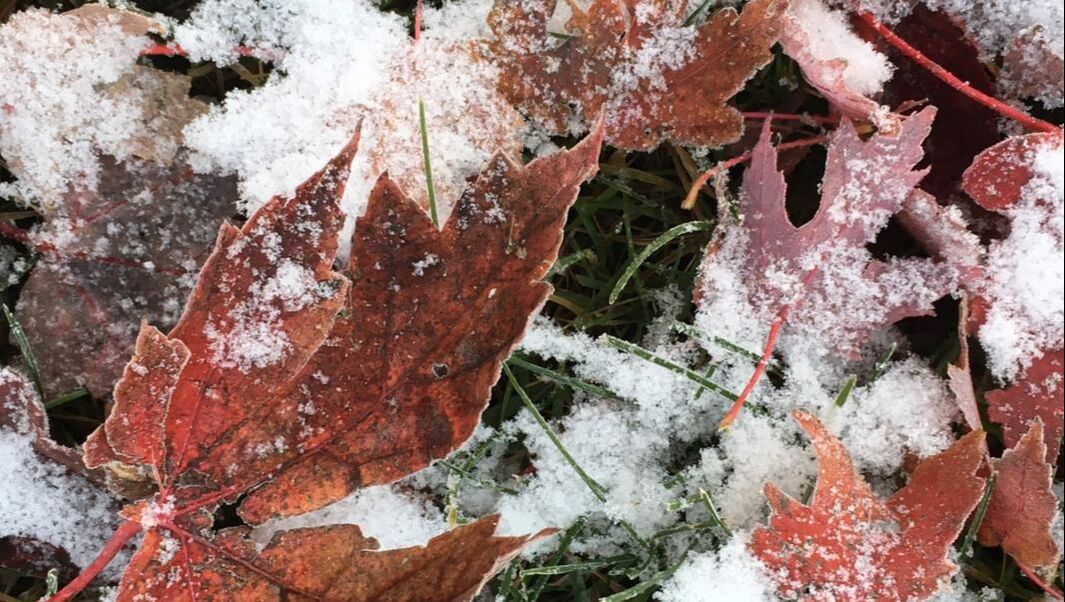

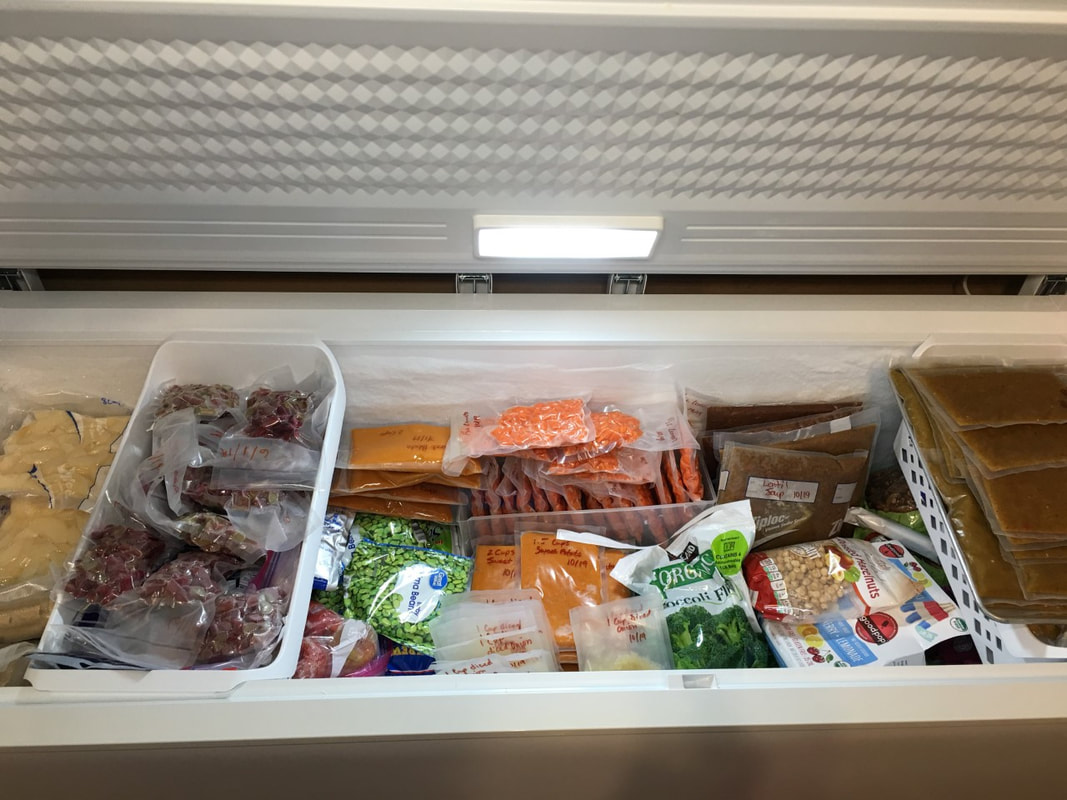
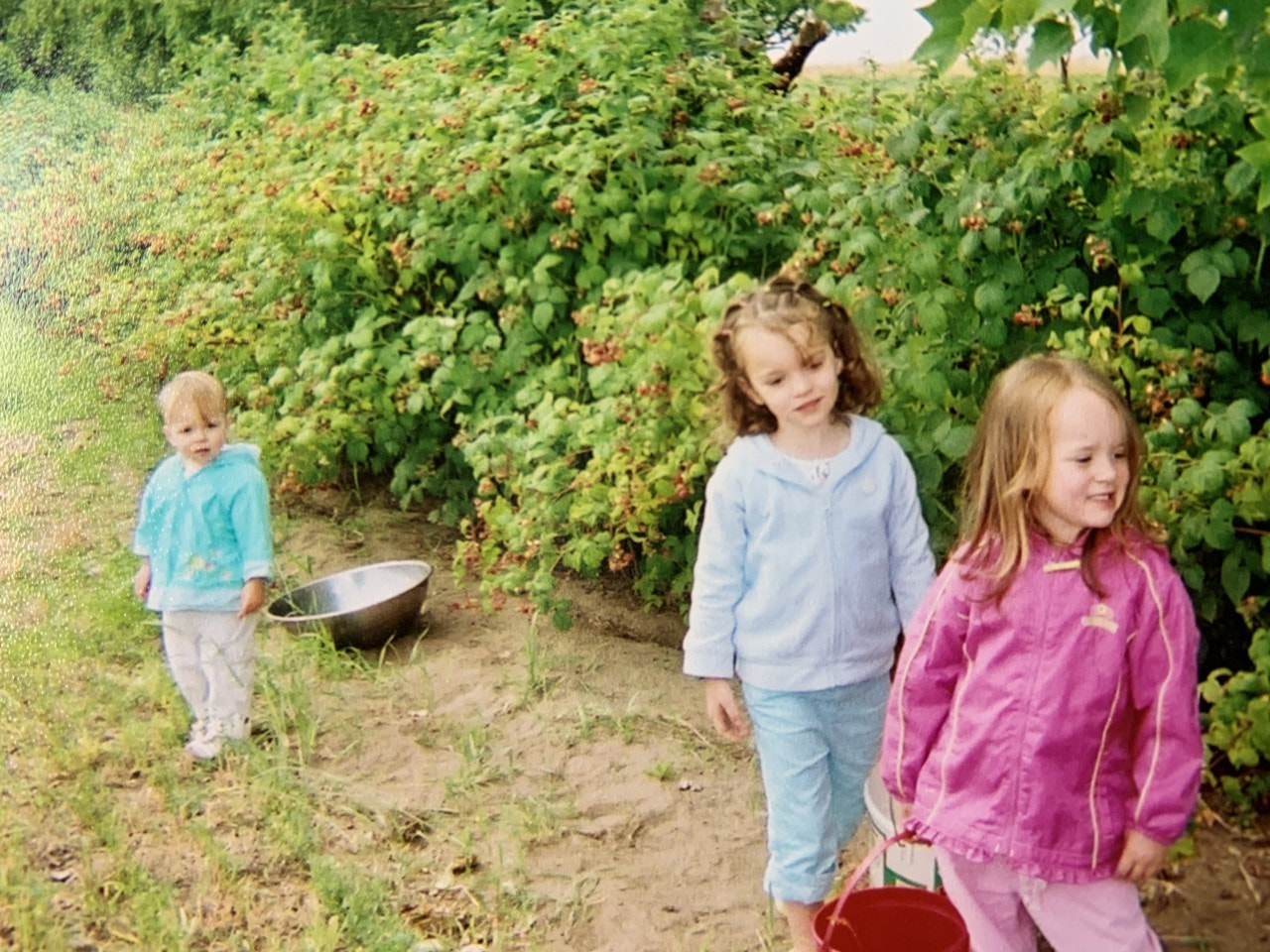
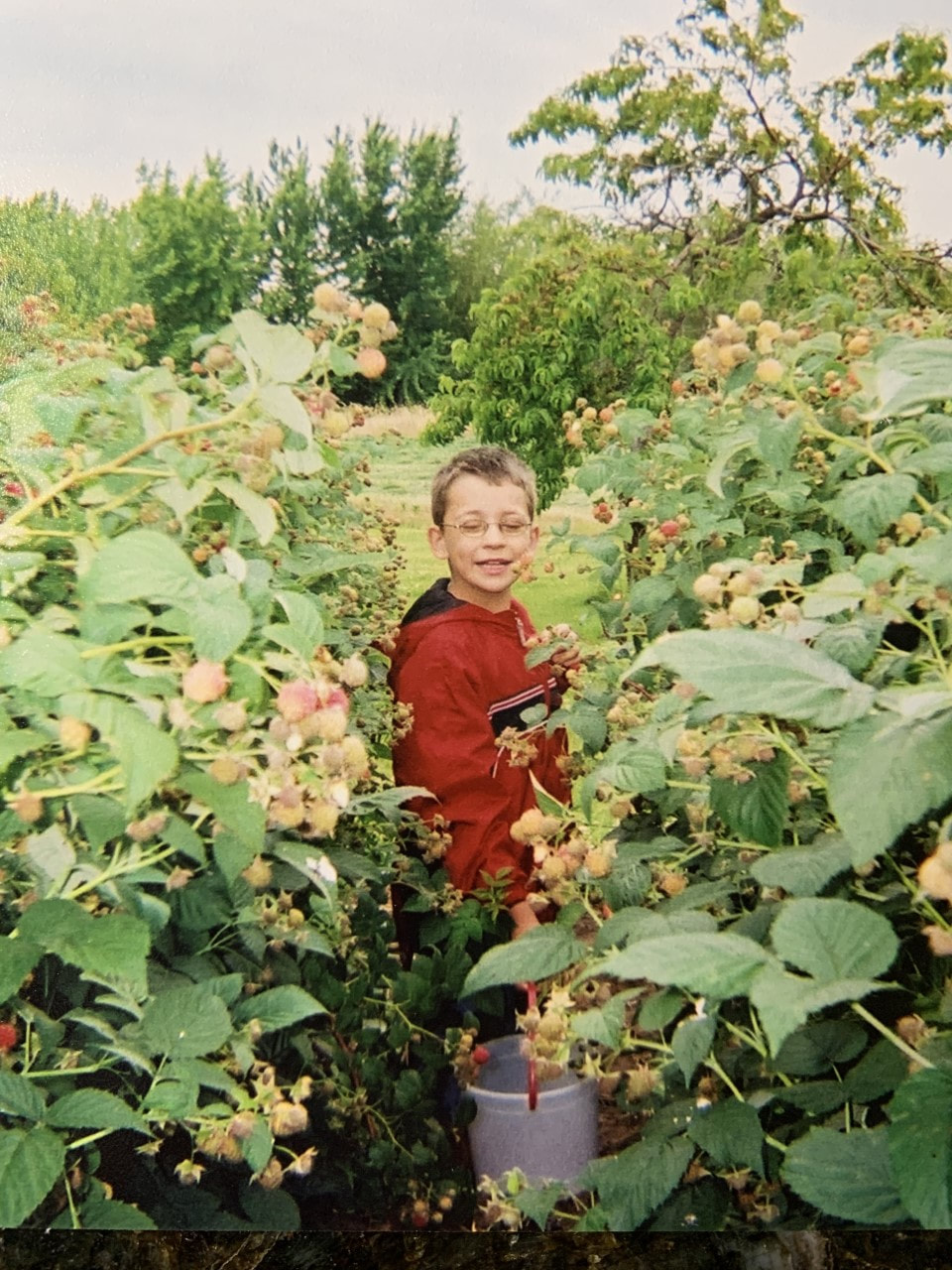
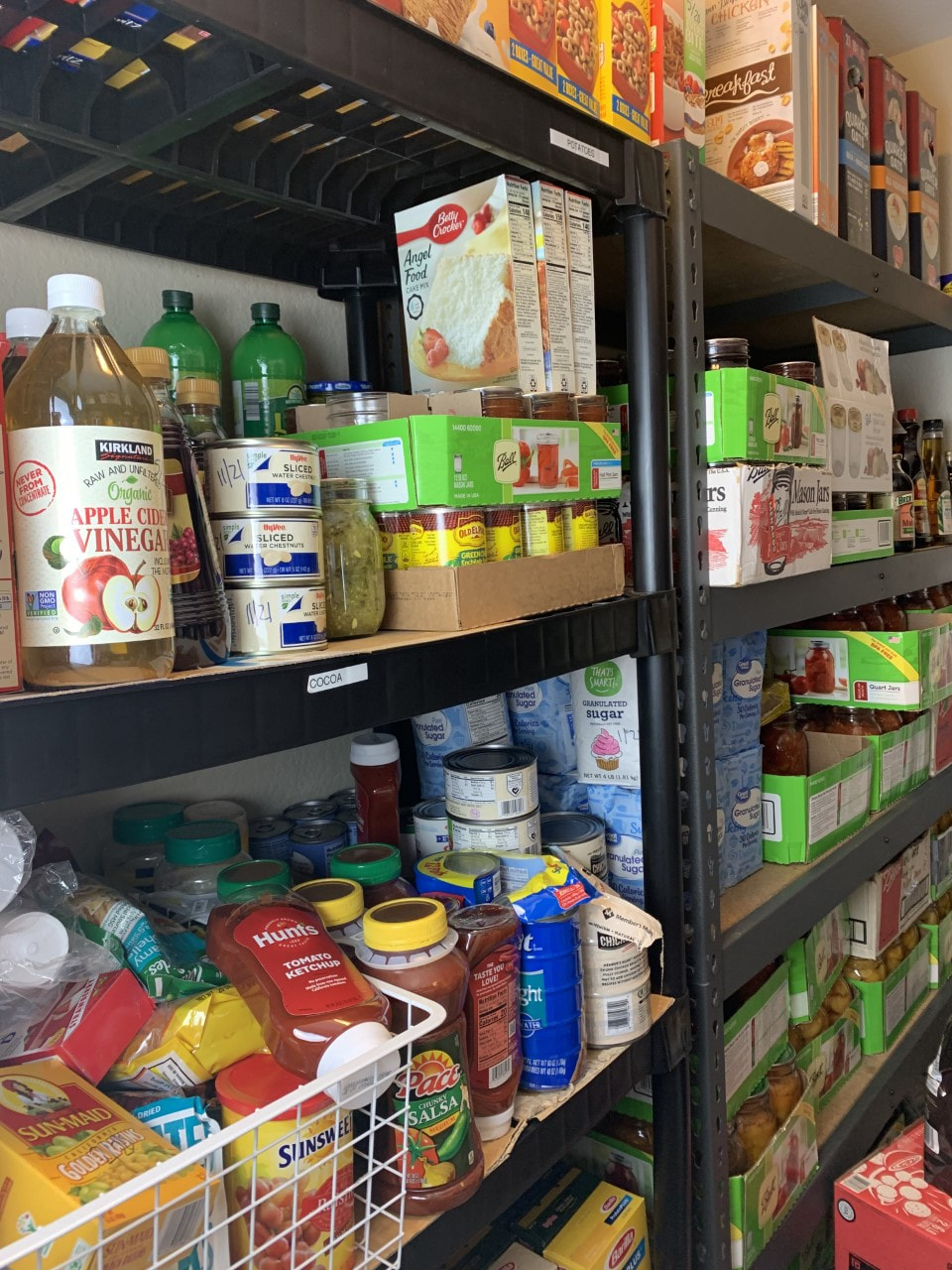
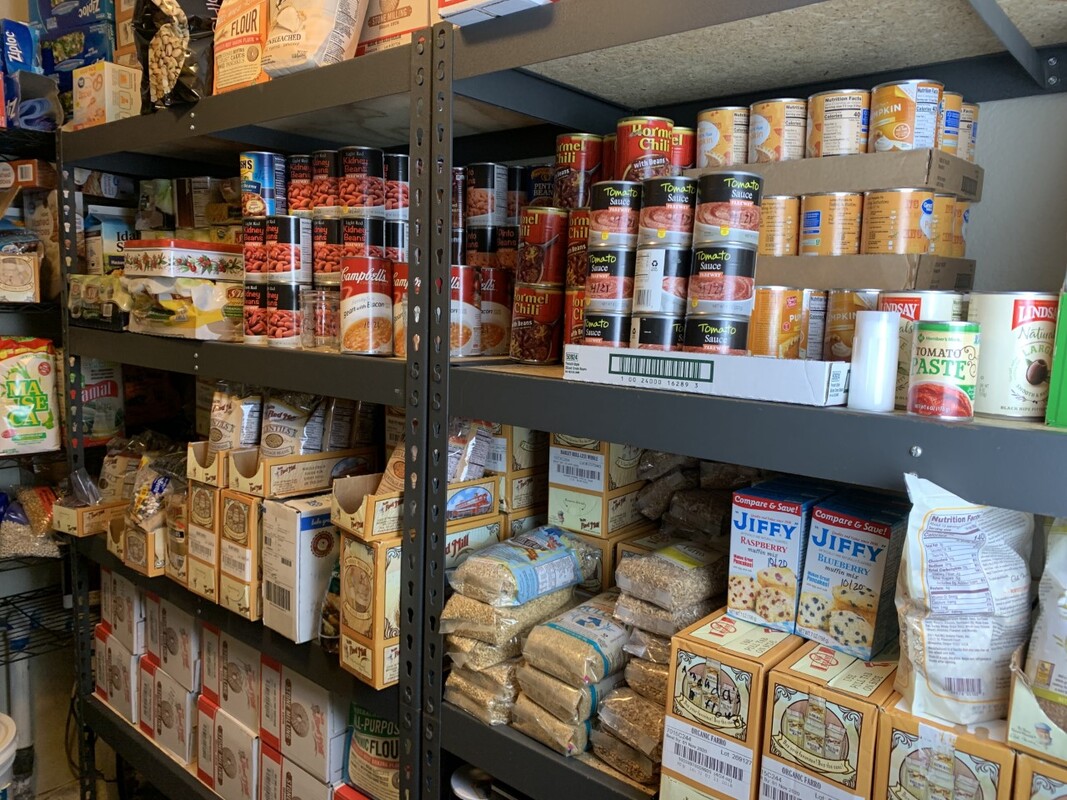
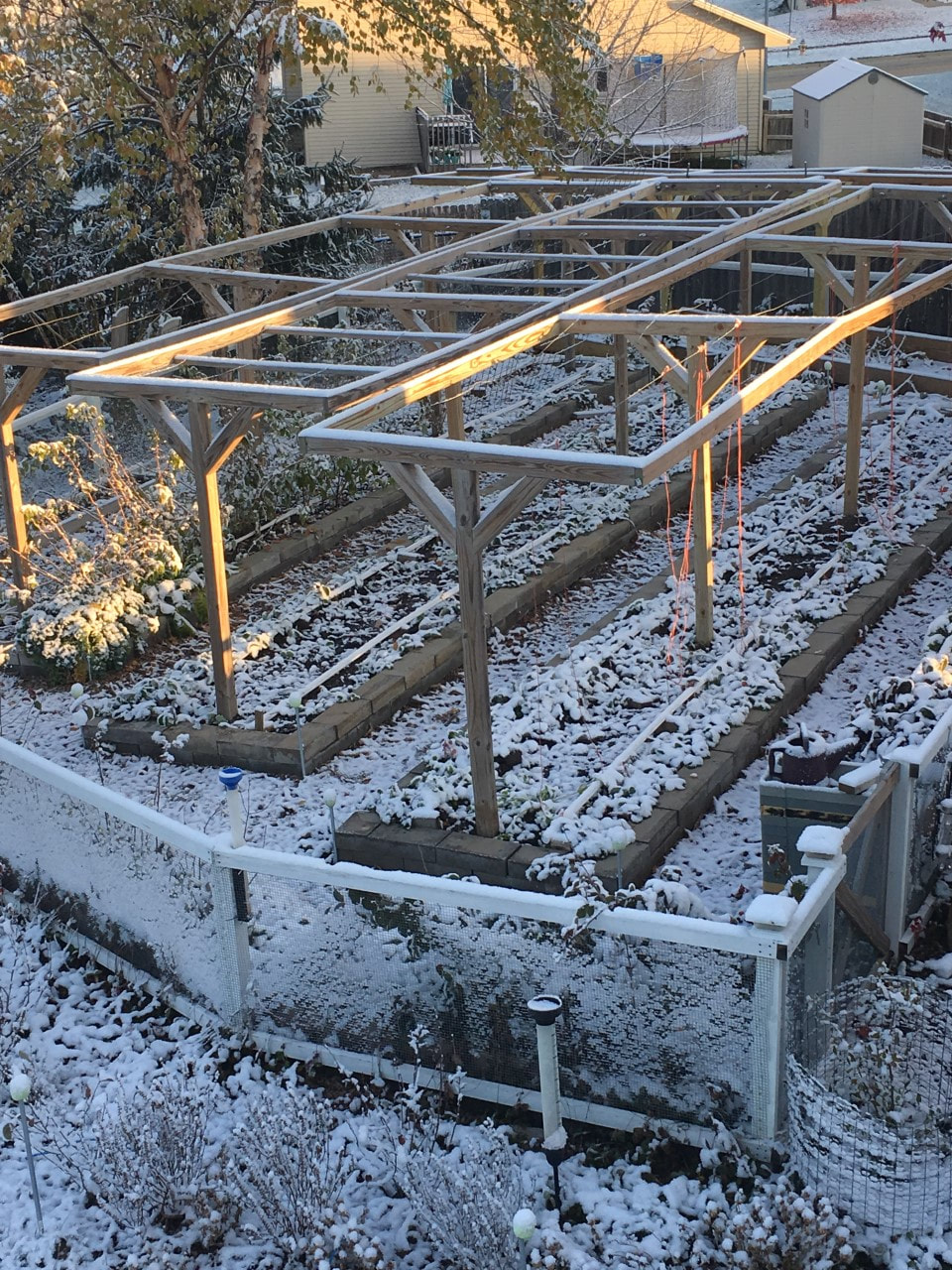
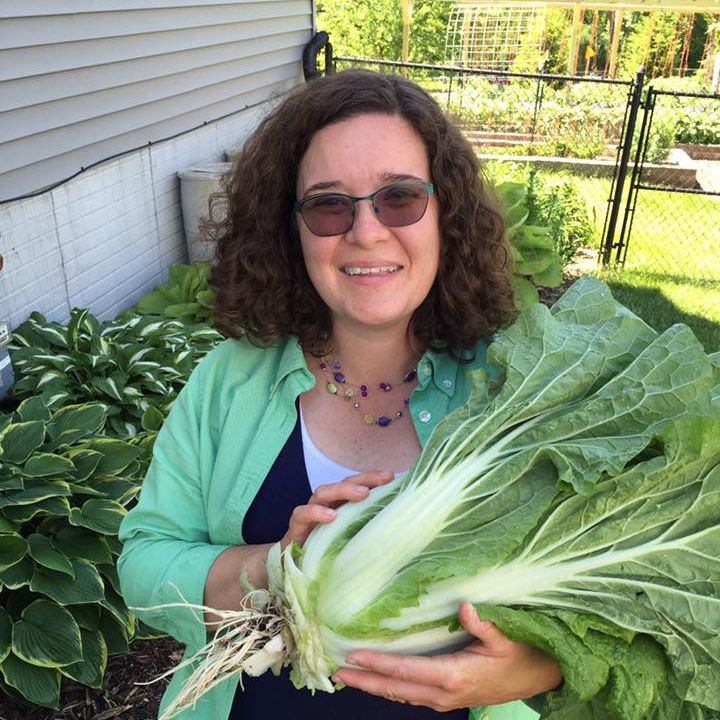
 RSS Feed
RSS Feed